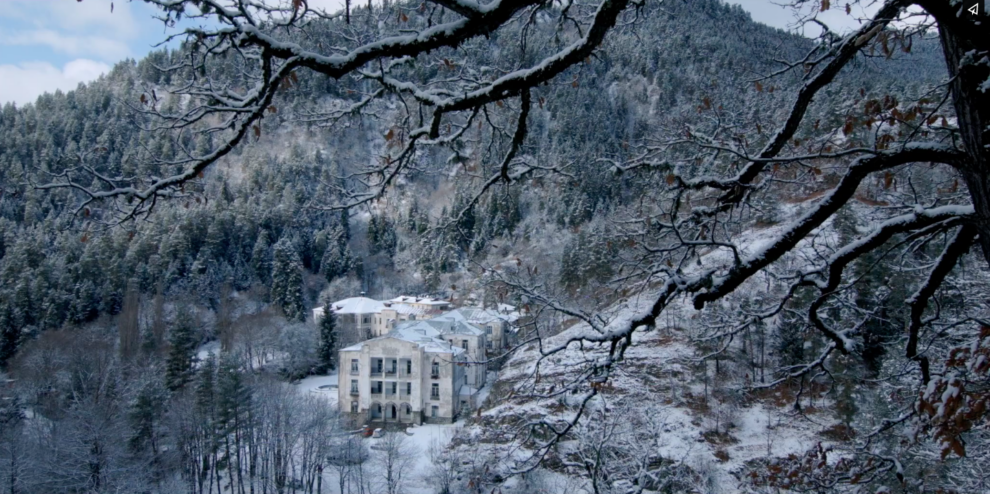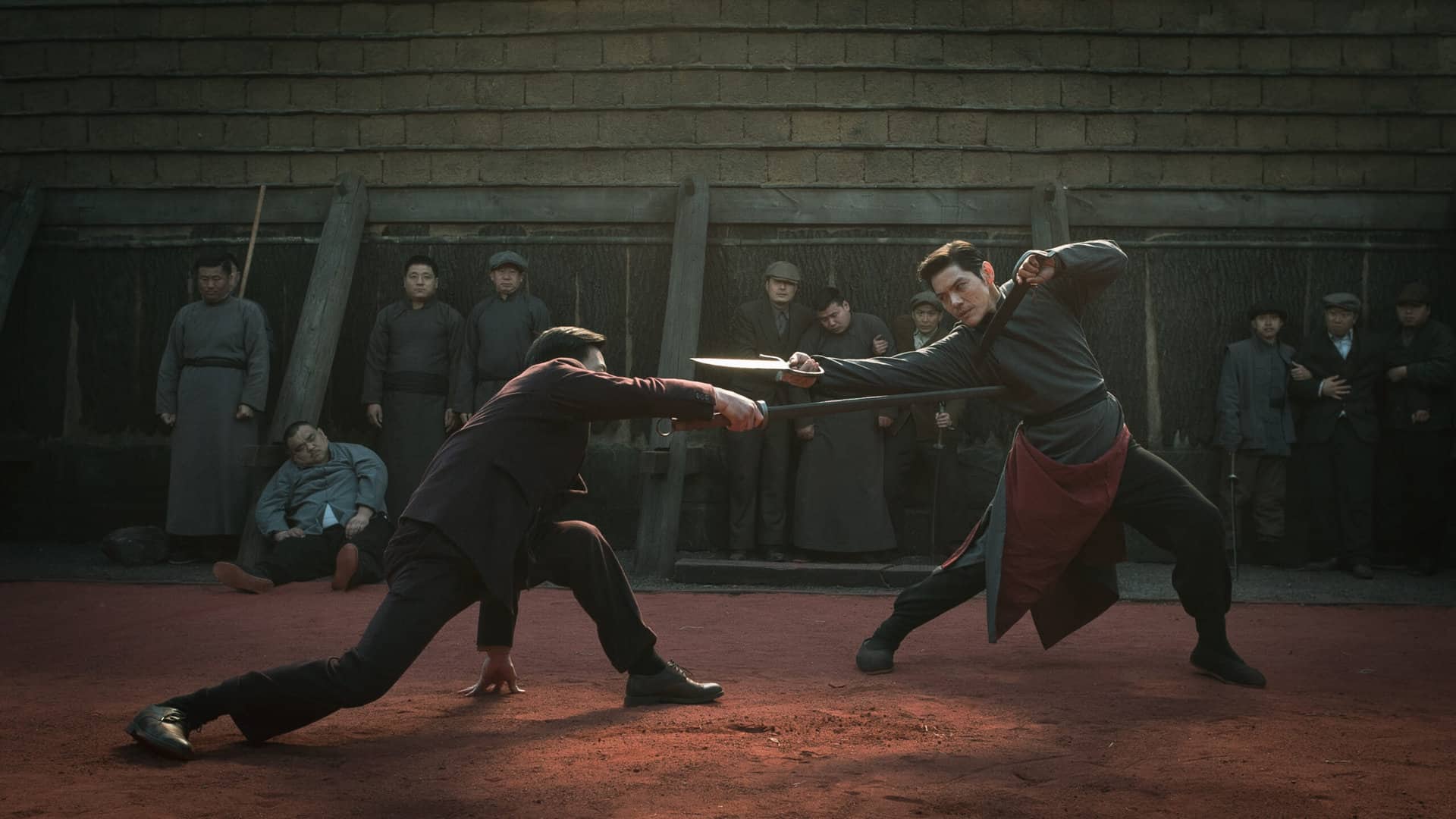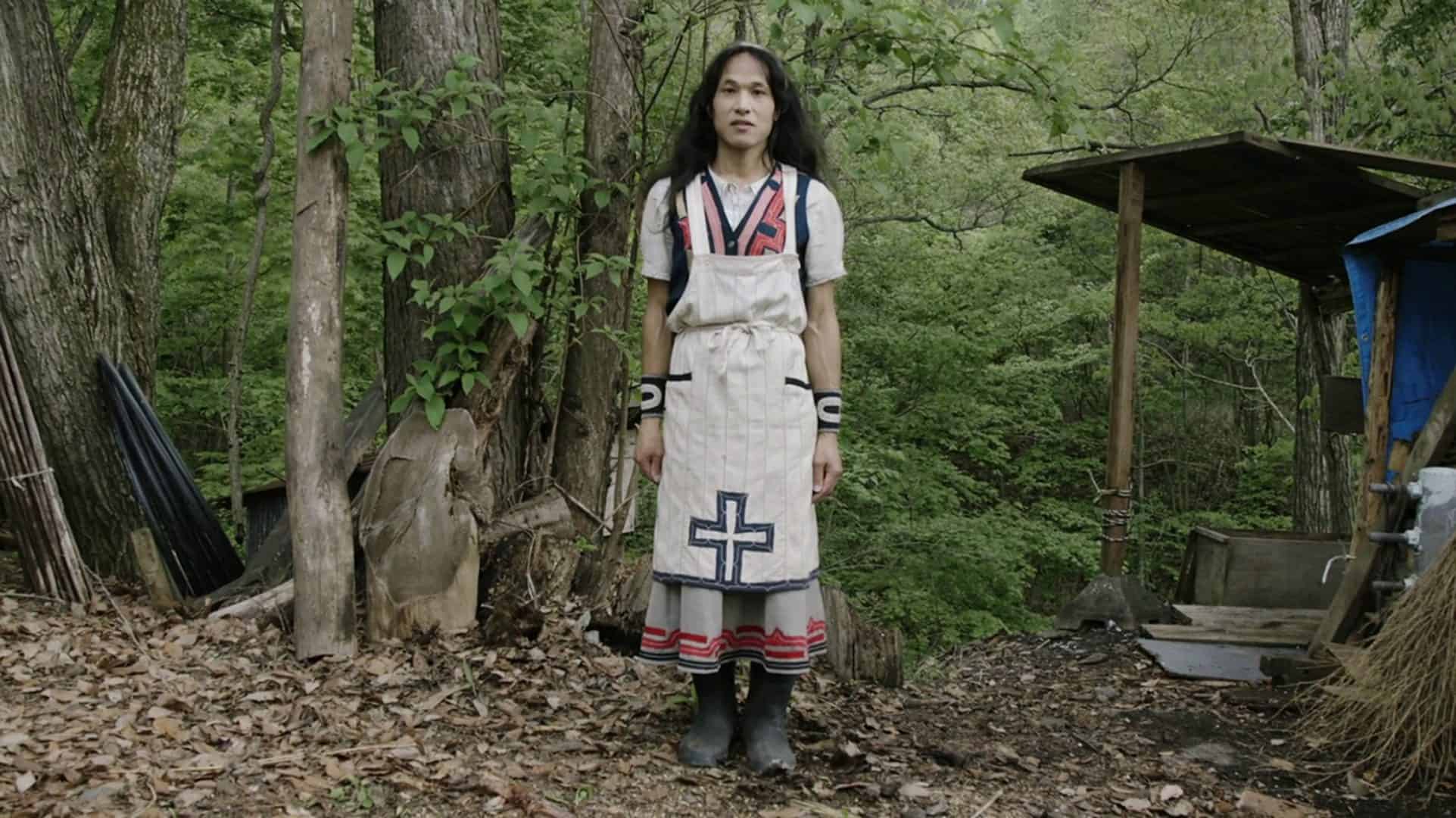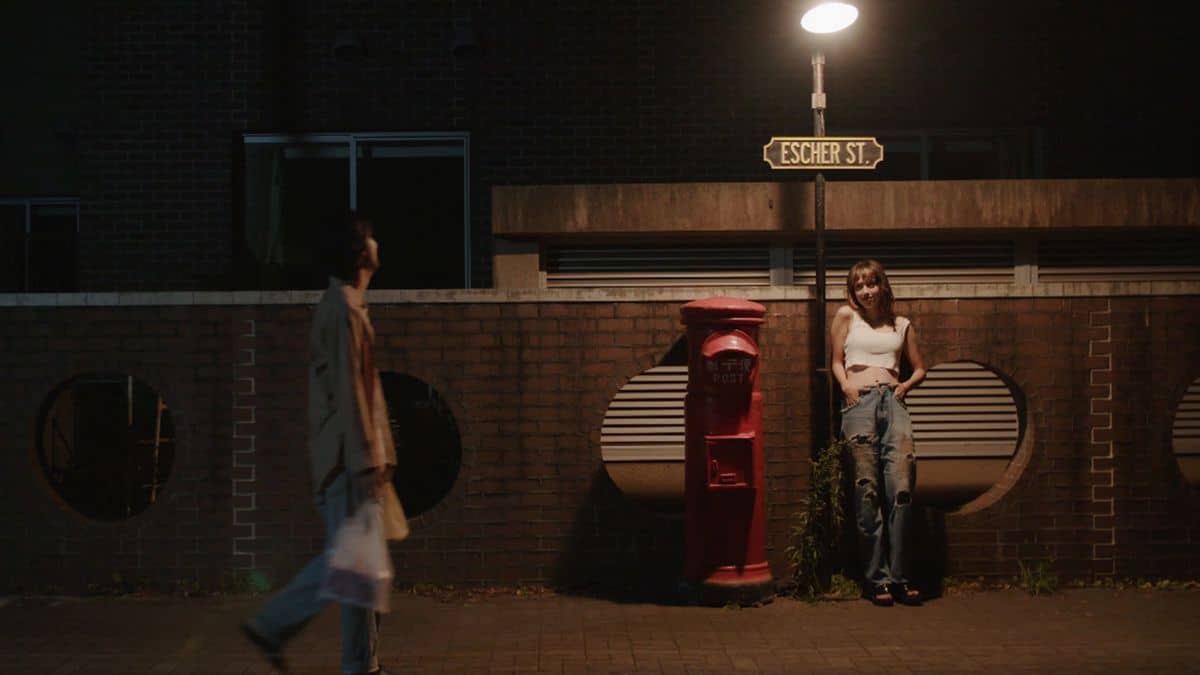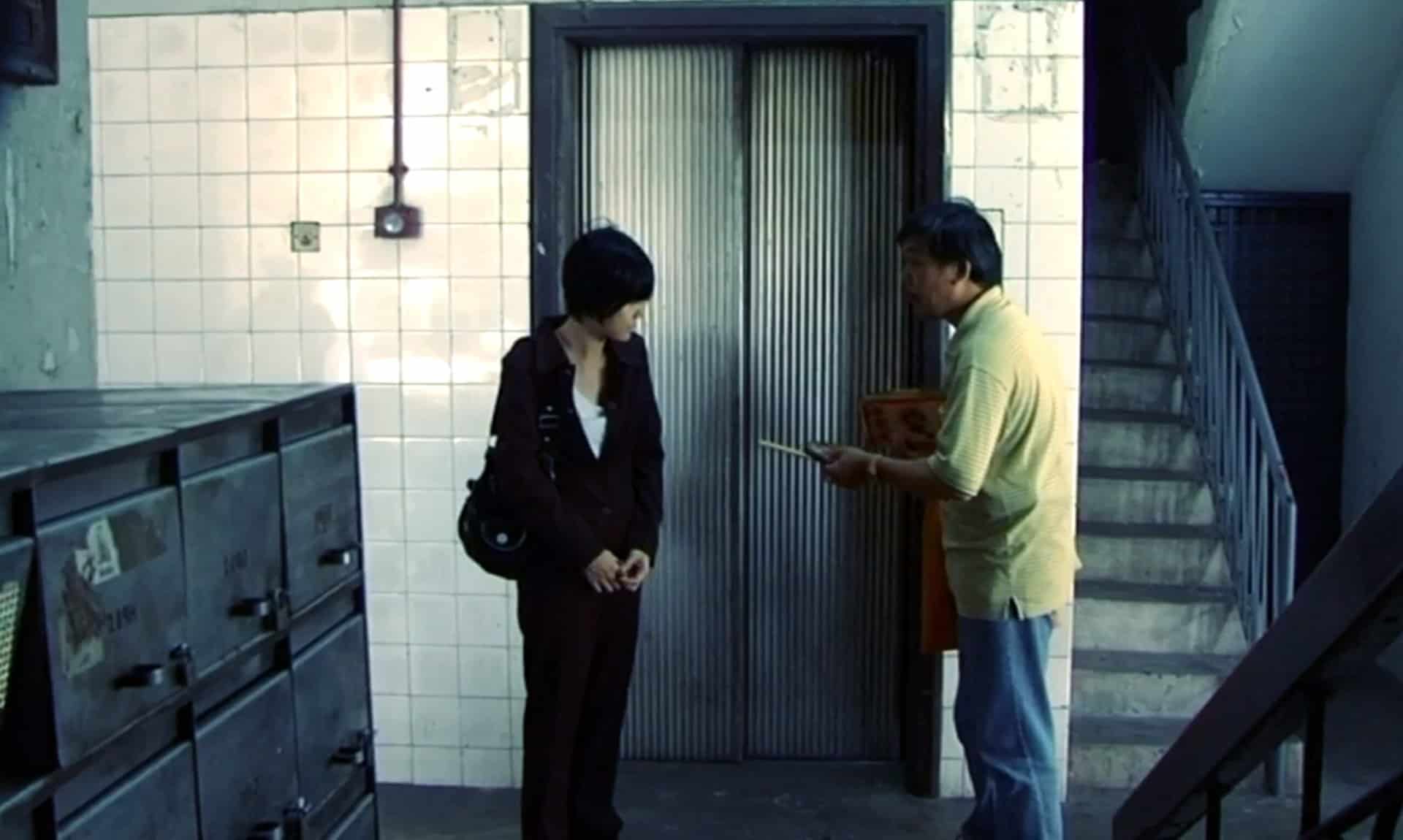Even though we associate bad memories with certain places, it is with a mixture of sadness and perhaps sorrow when we see them suddenly disappear. The cinema of directors such as Tsai Ming-liang revolves around the concept of lost and forgotten places, the memories they hold and what they can tell us about our present. In their collaborative effort “Magic Mountain” directors Mariam Chachia and Nik Voigt visit Abastumani, a building set in the isolation of the Georgian mountains, which almost became the permanent home of Chachia when she was younger and suffering from tuberculosis.
Magic Mountain is screening at Museum of the Moving Image, as part of the First Look 2024 program
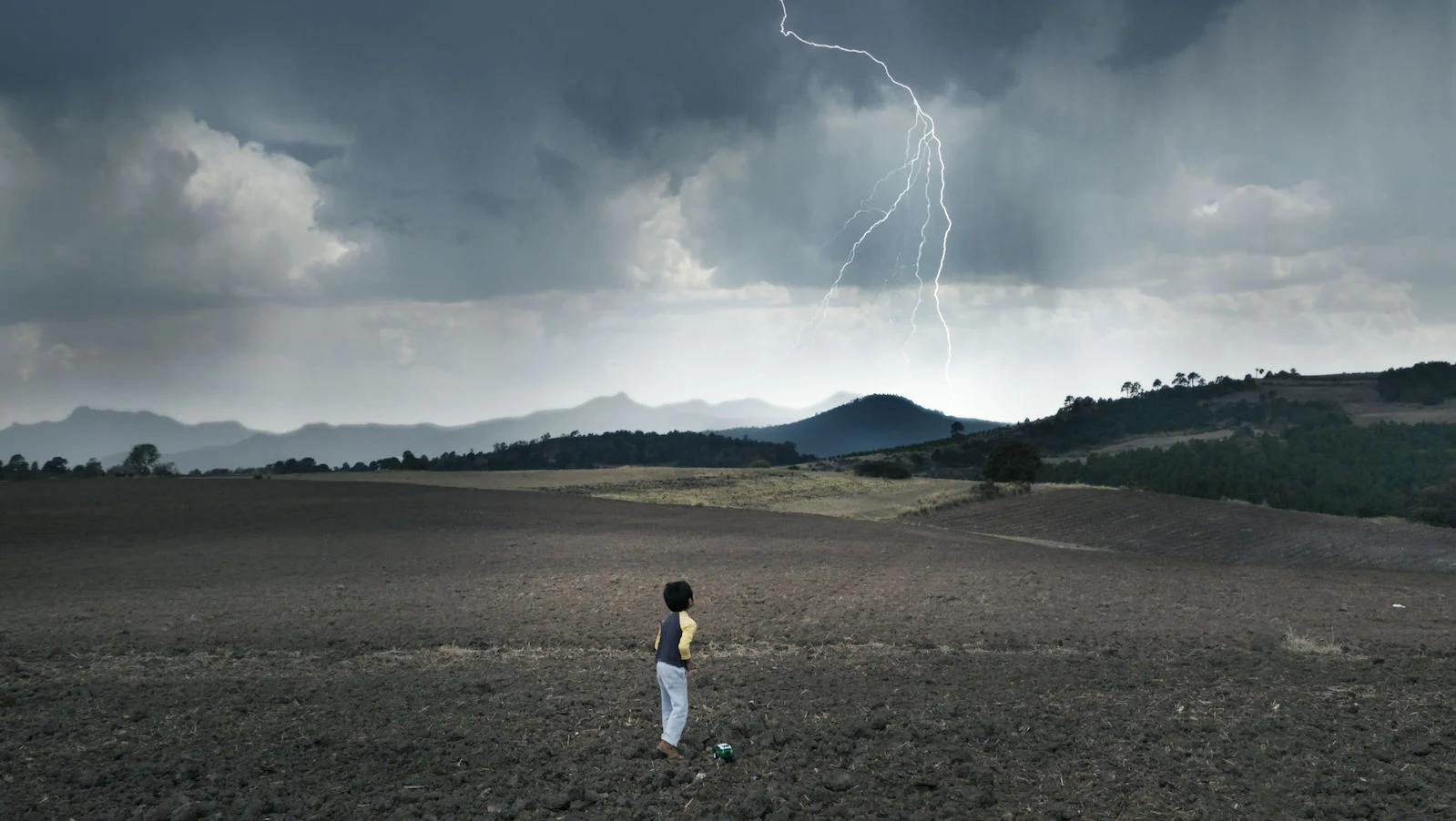
The documentary focuses on two aspects. The first consists of Chachia's memories, narrated in an off-camera commentary. She talks about how she became sick when she was younger and ultimately ended up in the sanatorium, which, if she hadn't eventually recovered, would have become her permanent home. The second element takes a closer look at the daily routine of the sanatorium, the staff readying the patients' medication, the administration work and also the daily quarrels between nurses and patients. Additionally, we observe how the people who work and live there pass the time, playing cards, telling jokes and reminiscing about old times. Upon hearing the news about the building's demolition, there is a shift, as now all the memories of the narrator, and the routines of patients and staff will become only memories, with the feature recording the final moments of Abastumani.
As you may have guessed from the title, “Magic Mountain” takes a lot of inspiration from Thomas Mann's novel of the same title. Similar to the novel's protagonist Hans Castorp, we get to know the routines of the sanatorium and the various “characters”, as well as their function within the institution's structure. Chachia and Voigt certainly have a good eye when it comes to observing the hierarchies between patient and staff, but also the way people kill time as they wait for the next already planned event within the daily schedule of Abastumani. In combination with the repeated image of the building's isolation, we get the feeling of having experienced a parallel world of some kind, which, as we soon learn, is all but gone by now.
Apart from a keen eye for the people and the system within the sanatorium, Nik Voigt's camerawork highlights not only the isolation, but also the blend of fear, sadness and even melancholia. The visuals in combination with the off-camera narration result in a very special atmosphere which is tough to pinpoint, as the narrator is clearly happy about having left the place, while also saddened about its ultimate destruction.
“Magic Mountain” is a documentary about the stories places contain, memories and even whole biographies. Mariam Chachia and Nik Voigt succeed in giving their audience an impression about the complicated and often contradicting feeling you experience when a place, which has been special within your life, is suddenly gone.


